United Nations Summit of the Future Action Days
Empowering the Future: Making the Social Rights of Youth Real
The main organiser and sponsor of the side event is the Council of Europe. The event is co-sponsored by Andorra, Lithuania, Mexico, the Kingdom of Morrocco, in partnership with the International Labour Office, the European Union Fundamental Rights Agency and the European Youth Forum.
 Friday, 20 September 2024, 16:45-18:00 EST (22:45-00:00 CET )
Friday, 20 September 2024, 16:45-18:00 EST (22:45-00:00 CET )
United Nations Headquarters, Room CR2, New York - Language: English only
 Programme
Programme
 Flyer
Flyer
 Livestream link
Livestream link
 Key recommendations for action
Key recommendations for action
 Video produced by the UN highlighting key moments from the Action Days
Video produced by the UN highlighting key moments from the Action Days
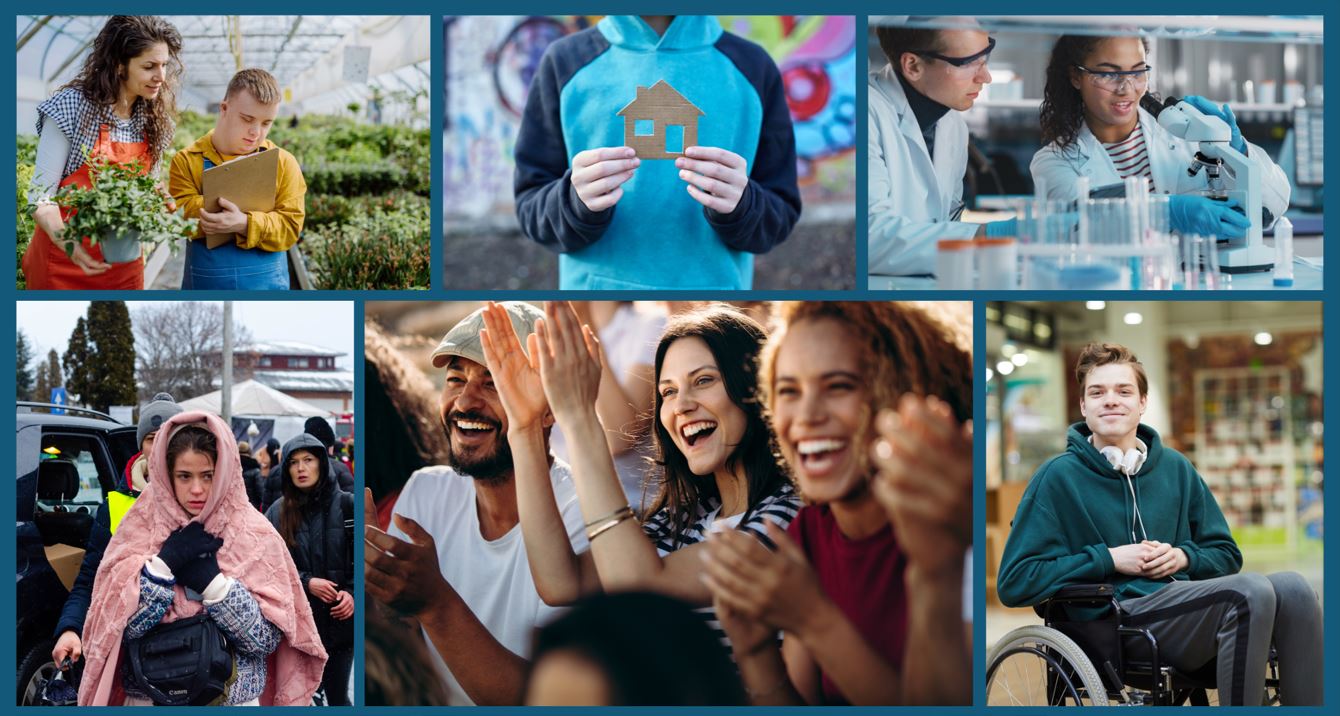
Young people have played a vital role in shaping the 2030 Agenda for Sustainable Development, recognised as "critical agents of change." With the Sustainable Development Goals (SDGs) in progress, youth participation is essential. However, many still face barriers to accessing their rights.
With over 1.2 billion individuals aged 15-24, the global youth population is at a peak. The global cost of living, pandemic, and climate crises severely impact their social rights, affecting both present and future lives.
The 4th Summit of the Council of Europe and the UN's Our Common Agenda Policy Brief 3 emphasize the importance of youth participation in decision-making processes. As youth demand more just and equitable solutions, addressing challenges in terms of their social rights like unemployment, inadequate education, housing, and social exclusion is increasingly urgent.
Despite international frameworks, significant gaps in realising these rights persist. Strengthening and implementing mechanisms to ensure youth social are given effect to, is crucial. This 75-minute event will bring together key stakeholders to explore ways to make youth social rights a reality.
|
|
|
|
|
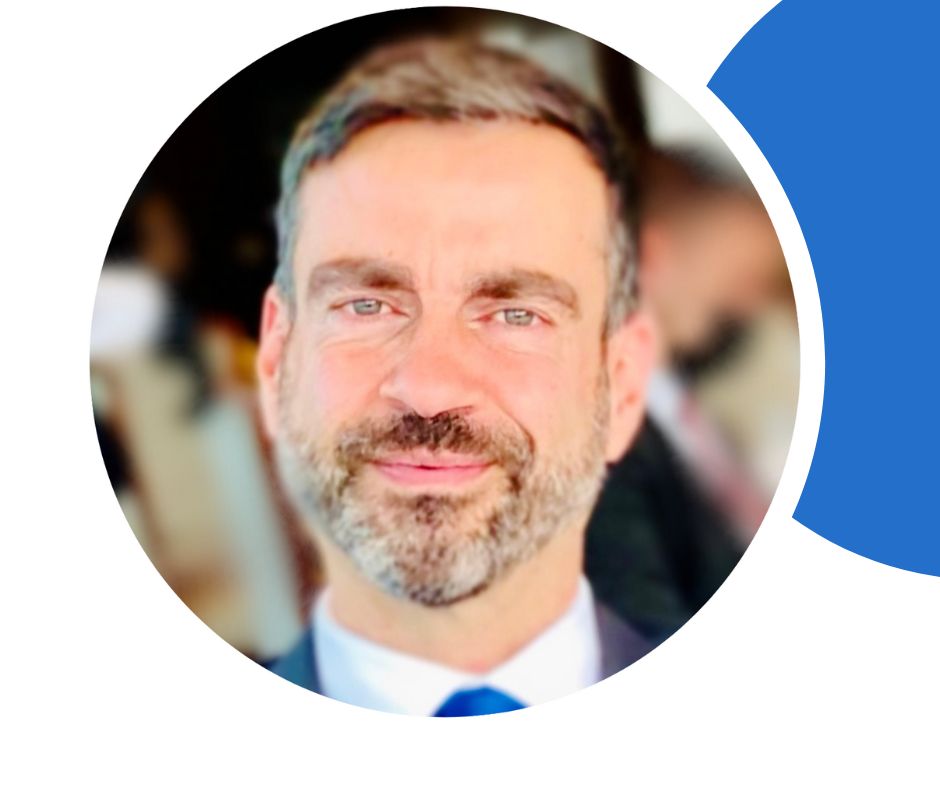
Rafael Benitez - Moderator
Rafael A. Benitez holds a Master’s in European Law from the College of Europe and degrees in Law and Finance from ICADE - University of Comillas. He studied Political Science at UNED. Currently, he is the Director of Social Rights, Health, and Environment at the Council of Europe, where he has worked since 1994. His previous roles include Director of the Congress of Local and Regional Authorities and Chief of Protocol. Mr. Benitez has expertise in administrative law, international criminal justice, corruption, terrorism, and public international law. He has published works, spoken at international conferences, and lectured at ITI-RI and IIDH in Strasbourg. He speaks Spanish, English, French, and Italian.
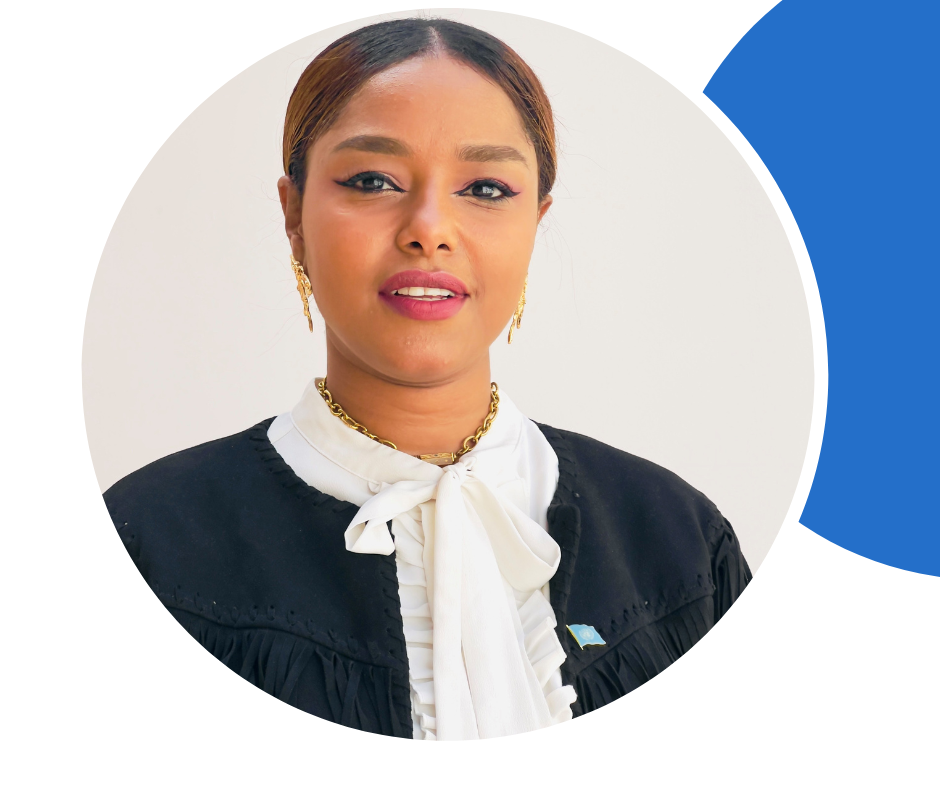
Mayada Adil
Mayada Adil is a Sudanese doctor, fashion designer, and advocate for women's and refugee rights. Based in France, she fights against gender-based violence, especially female genital mutilation in Sudan and Mali. In 2021, she represented Sudanese youth at the Paris Conference for Sudan, addressing President Emmanuel Macron on youth roles in democratic and economic reforms. She also spoke at the Generation Equality Forum, pushing for the inclusion of refugee women in French communities. Co-founder of LaLoupeCreative, a platform connecting refugee artists, Ms Adil offers training programs and "art clinics." As a climate advocate, she supports Crtve Development’s We!Are campaign, promoting climate justice, gender equality, and peace. Her work bridges health, social justice, and creative arts, amplifying the voices of marginalized communities globally.
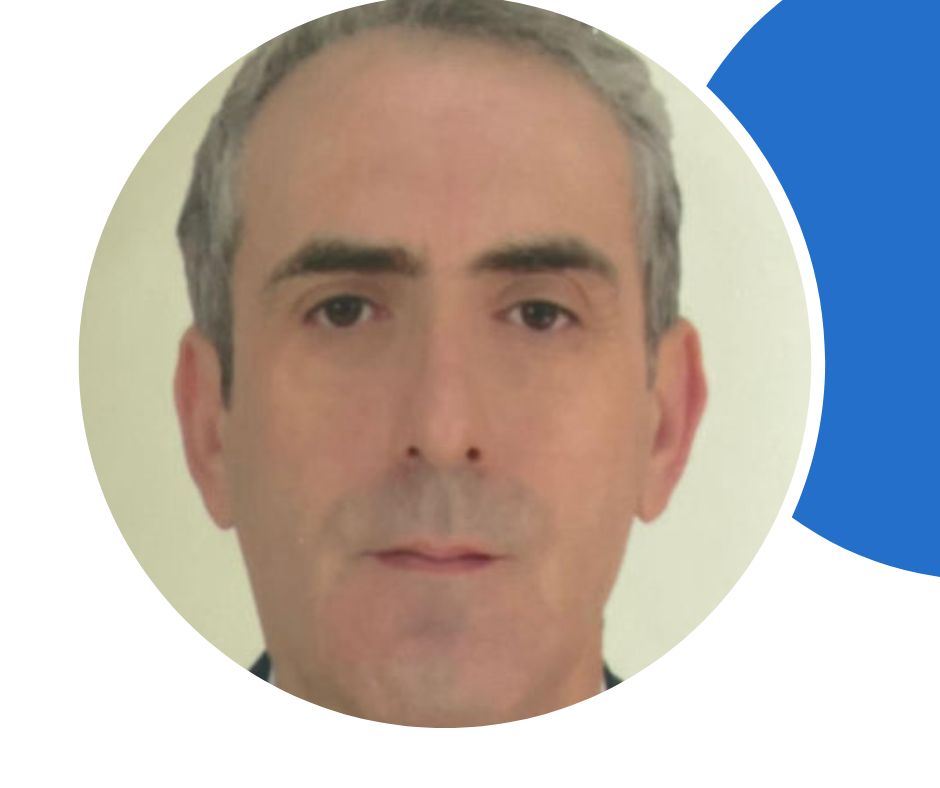
Ismail Chekkori
Ismail CHEKKORI has served as Head of the Department of Global Issues at Morocco’s Ministry of Foreign Affairs since July 2017. His responsibilities span a wide range of security and social issues, including transnational organized crime, counterterrorism, corruption, NATO relations, non-proliferation, disarmament, human rights, climate change, and sustainable development. From 2013 to 2017, he led the Division of Security and Social Global Issues within the same department.His career includes significant international roles, such as Minister Plenipotentiary at Morocco's Permanent Mission to the United Nations in New York (2006-2013), where he managed legal affairs and chaired the UN Security Council Counter-Terrorism Committee (2012-2013). Earlier, he served as Vice-Consul in Den Bosch, Netherlands (1997-2001). Mr Chekkori holds degrees in public management and diplomacy from the Ecole Nationale d'Administration in Rabat.
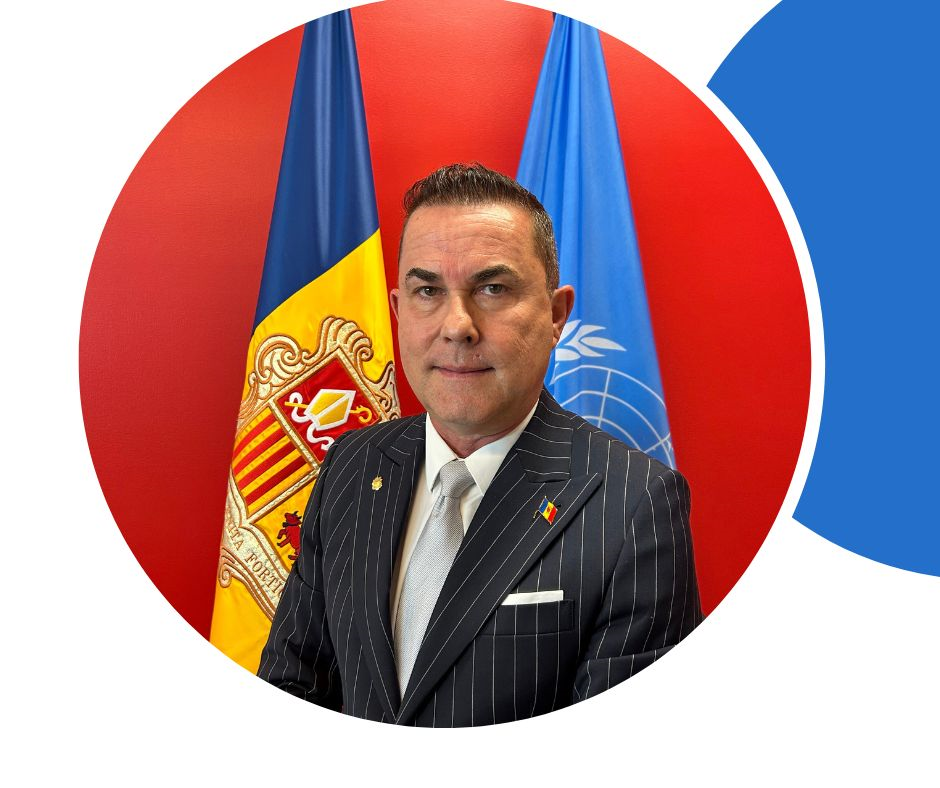
Joan Forner Rovira
Joan Forner Rovira, is the Permanent Representative of Andorra to the United Nations in New York. He has held several diplomatic roles, including Permanent Representative of Andorra to the Council of Europe and previously serving as Chargé d'affaires at the United Nations office in Geneva. During his last mandate at the Council of Europe in Strasbourg, he also served as President of the Group of Rapporteurs on Social Issues (2022-2023).
His career spans various positions in Andorra's Ministry of Foreign Affairs, specialising in legal and multilateral affairs, human rights, and international conventions. Academically,
Mr Forner Rovira holds a Master’s degree from New York University and has diplomas in law and marketing from institutions in Barcelona and Strasbourg. He is fluent in five languages: Catalan, Spanish, English, French, and Italian
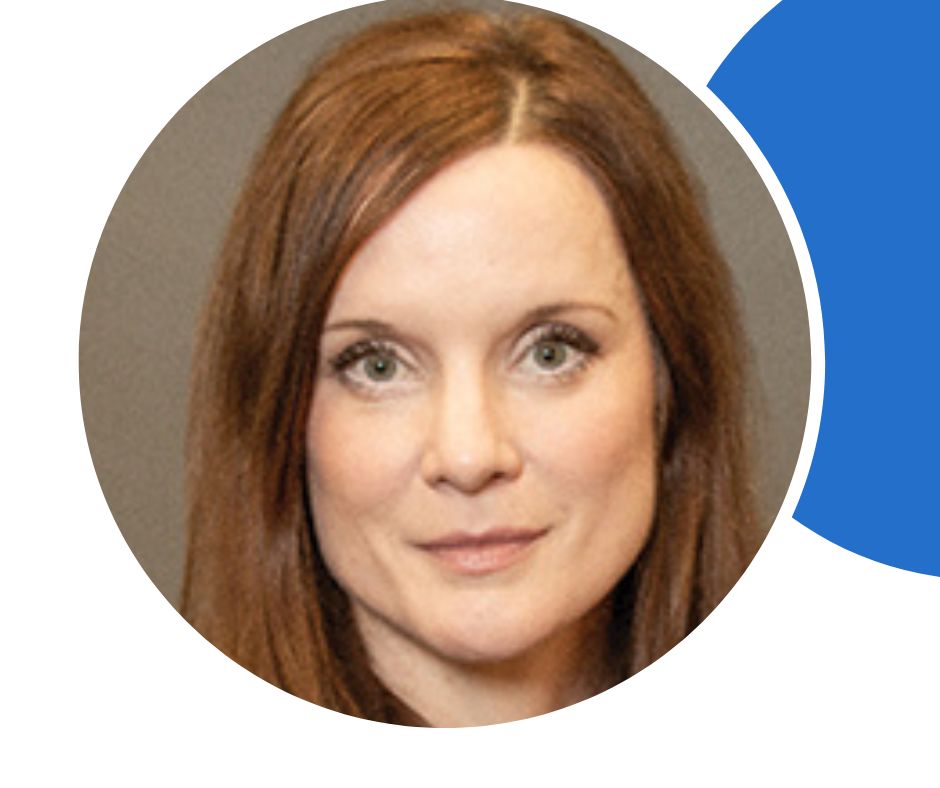
Siobhán McInerney-Lankford
Siobhán McInerney-Lankford is is Head of Unit for Equality, Roma, and Social Rights and an expert in EU human rights law and international development. From 2002 to 2023, she worked as an operational and advisory lawyer at the World Bank’s Legal Department, advising on the Human Rights Trust Fund and representing the Bank in human rights fora at the UN, EU, and OECD. Previously, she worked in private practice in Washington, D.C., and taught as an adjunct professor at American University, also lecturing at Harvard and the UN Summer Academy.
Ms McInerney-Lankford has authored over 50 articles and co-edited two books on human rights. She holds law degrees from Trinity College Dublin, Harvard Law School, and Oxford University, and is admitted to practice in Rhode Island and Washington, D.C.
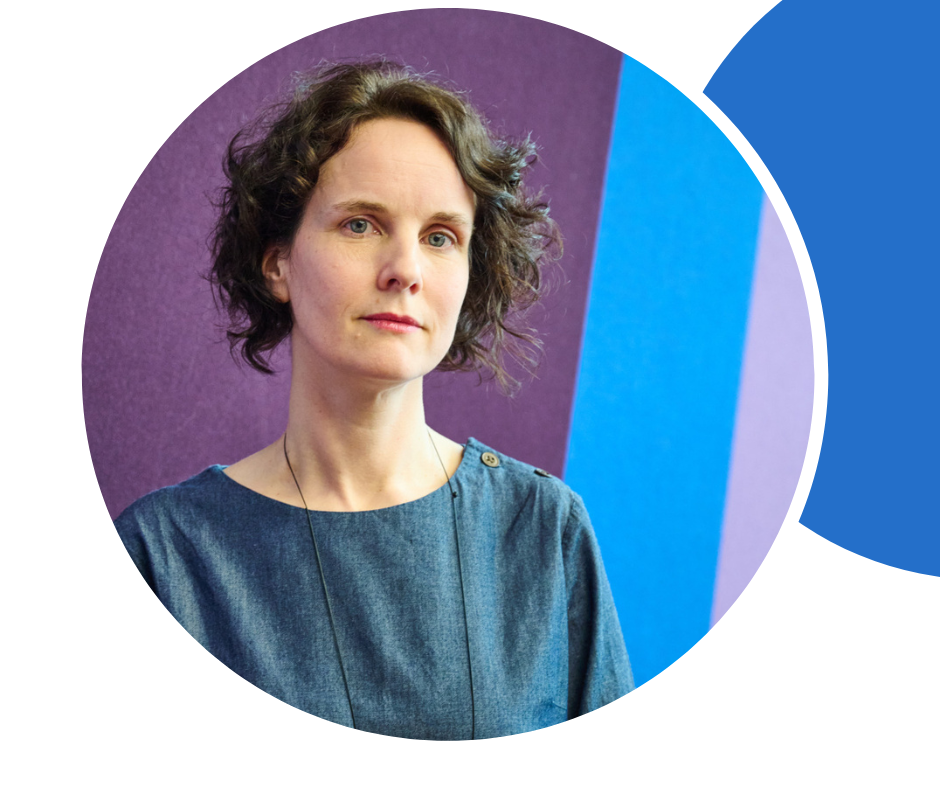
Aoife Nolan
Aoife Nolan is the President of the Council of Europe's European Committee of Social Rights, joining in 2017 and serving as Vice-President (2021-2022). She is a Professor of International Human Rights Law and Director of the Human Rights Law Centre at the University of Nottingham. Professor Nolan has extensive experience in human rights and constitutional law, with a focus on social and children's rights. She has advised governments and international organizations, including UN bodies, the Council of Europe, and the World Bank. Professor Nolan has held visiting positions at academic institutions worldwide and is an Academic Expert at Doughty Street Chambers, co-leading the Children’s Rights Group.
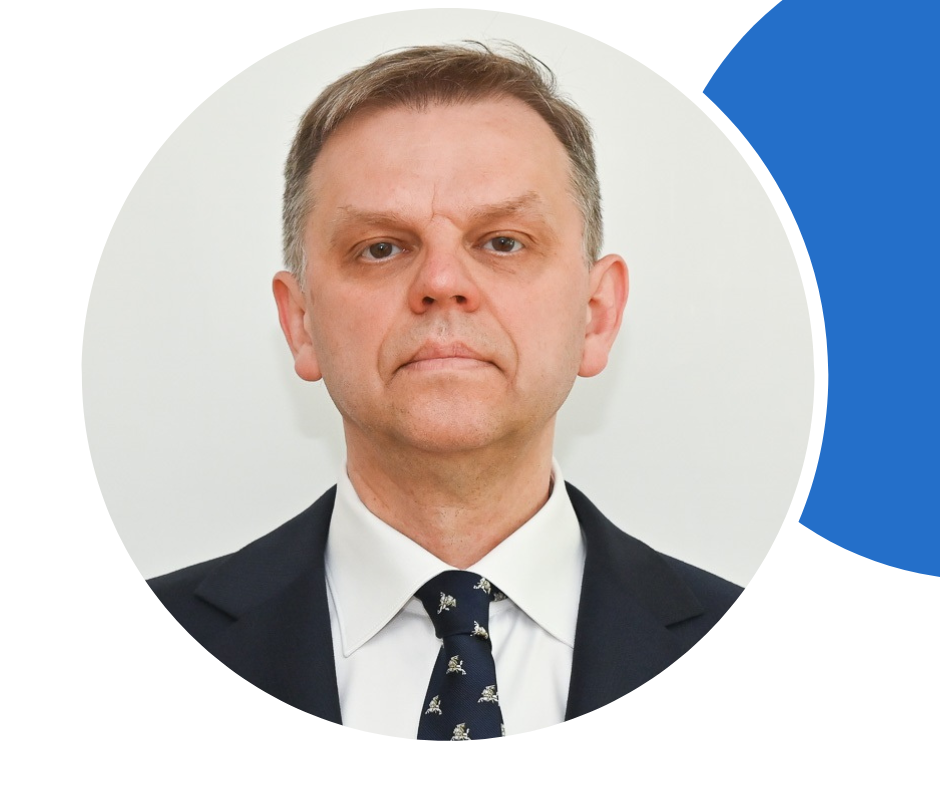
Rytis Paulauskas
Rytis Paulauskas is the Permanent Representative of Lithuania to the United Nations since May 2021. Prior to this, he served as Director of Information and Public Relations at Lithuania’s Ministry of Foreign Affairs from 2016 to 2021. He was Lithuania's Permanent Representative to the UN and other international organizations in Geneva (2012-2016) and Vienna (2003-2008). From 2008 to 2012, he led the OSCE Chairmanship Department and Task Force at the Ministry.
His diplomatic career includes roles as Deputy Permanent Representative to the UN, Counselor (1995-1999), and Deputy Permanent Representative to the Council of Europe (1994-1995).
Mr. Paulauskas holds a law degree from Vilnius University and completed advanced studies at the Academy of International Law in The Hague, as well as a joint master’s program at Tufts University’s Fletcher School and Harvard’s J.F. Kennedy School of Government.
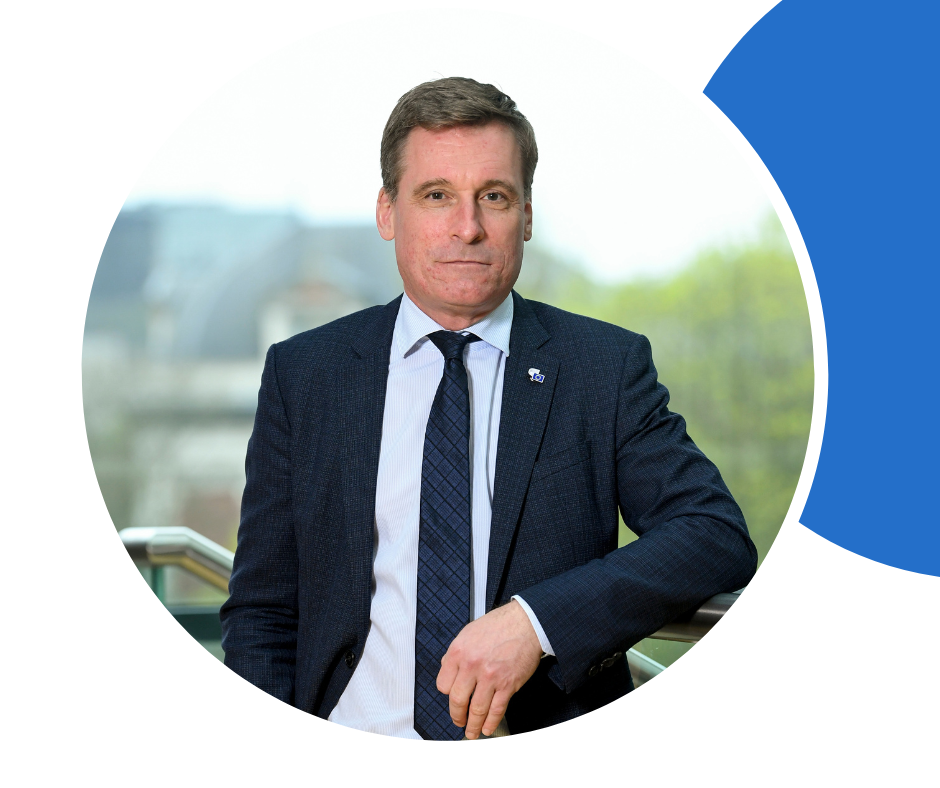
Oliver Röpke
Oliver Röpke was elected as the president of the EESC in April 2023. Member of EESC since 2009, Mr Röpke was the president of the EESC Workers' Group, a member of the EESC Bureau and rapporteur of many EESC resolutions and opinions on employment and social policy, single market and innovation.
Mr Röpke headed the Brussels office of the Austrian Trade Union Federation (ÖGB) and took on several senior positions including as ÖGB representative to the EU institutions, the Executive Committee of the ETUC, and an advisory member of the ÖGB federal executive board. Mr Röpke has a legal background and holds a law degree from the University of Vienna.
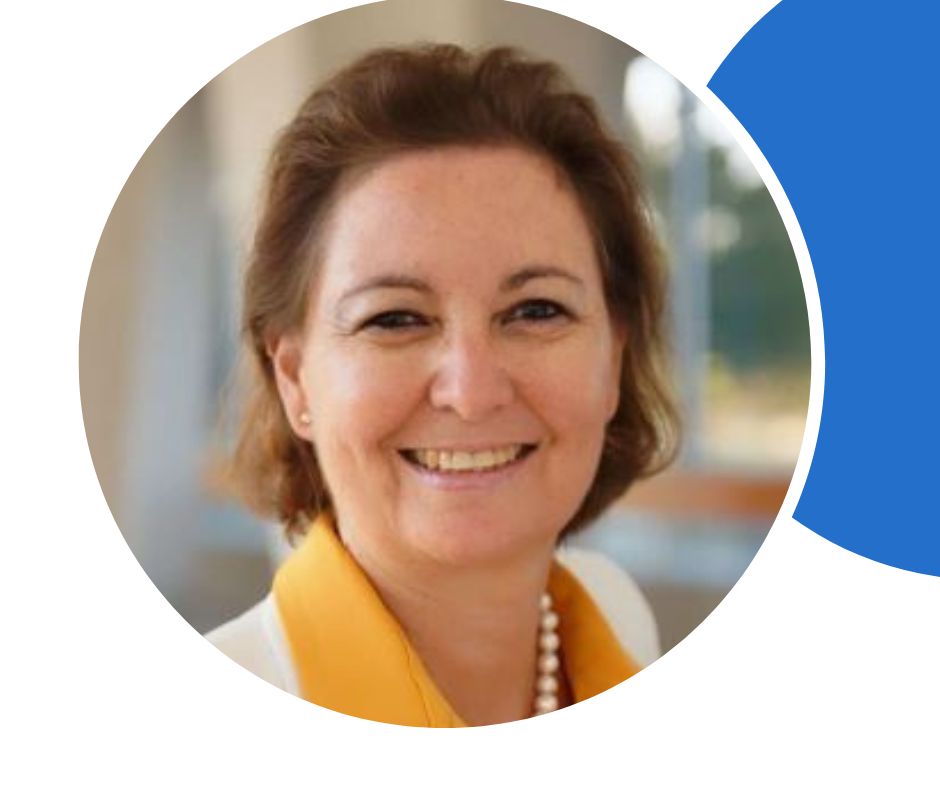
Laura Thompson
Laura Thompson has held prominent political and managerial roles, including serving as Deputy Director-General of the International Organization for Migration (IOM) for 12 years. Previously, she was Costa Rica’s Ambassador and Permanent Representative to the United Nations in Geneva. She co-founded and directed the Centre for Innovation in Global Politics and Economics (CIGPE) at IE University, where she also taught as an adjunct professor. Ms. Thompson has led high-level political negotiations at bilateral and multilateral levels, holding leadership roles in several international organizations. She has published academic articles, spoken at global conferences, and contributed to media discussions. Ms. Thompson holds advanced degrees from the Graduate Institute (IHEID) and the Universidad de Costa Rica and has completed executive programs at Harvard and INSEAD. She is fluent in Spanish, English, French, and Greek.
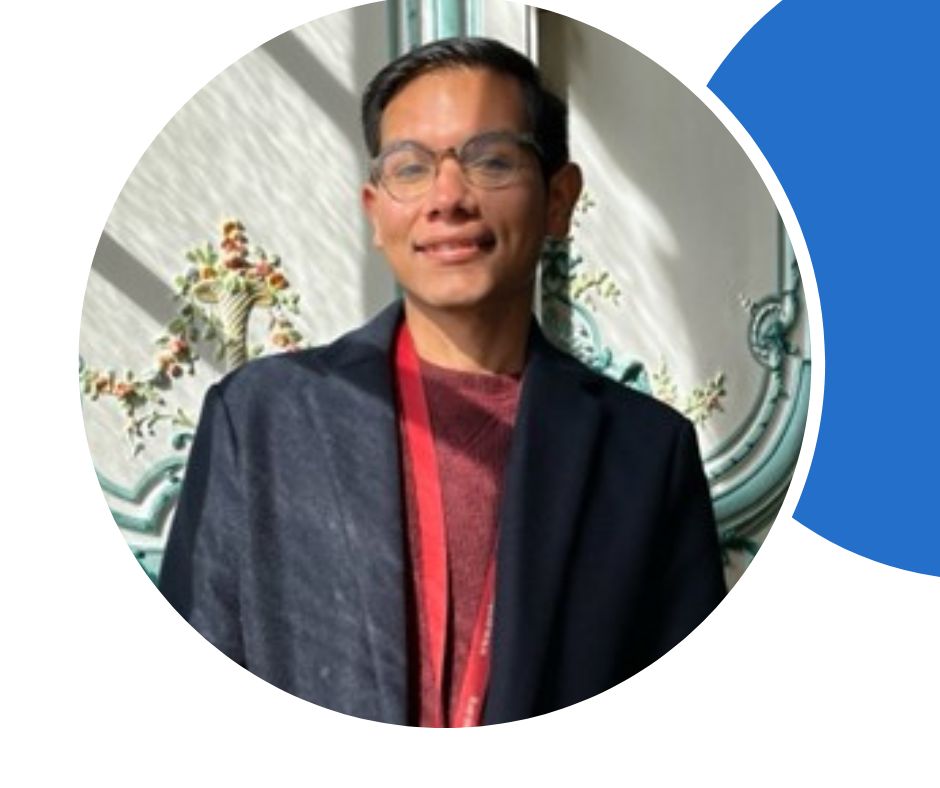
Uriel Trinidad Hernández
Uriel Trinidad Hernández is a senior International Relations student specializing in regional economic integration in Europe and North America. He is researching trade negotiations between the European Union and Mercosur. In 2023, he participated in a mobility program at Sorbonne Nouvelle in Paris and won the MUEMEX award, attending a seminar on European integration at The College of Europe, Bruges. Mr Hernández has been involved in the Permanent Seminar on International Studies at El Colegio de México and is a Student Associate at the Mexican Council on Foreign Affairs. He has worked on human rights research with the Inter-American Human Rights System and the EU Delegation in Mexico. Currently, he is interning at México, ¿cómo vamos?, contributing to the North American Project, promoting regional integration for social progress
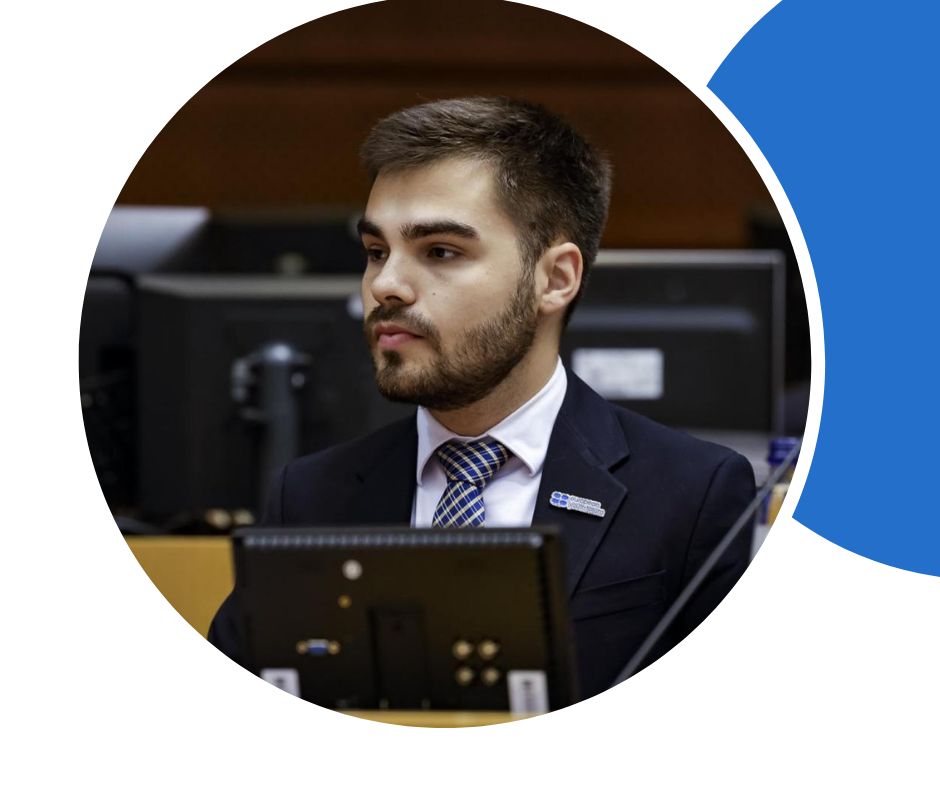
Rareș Voicu
Rareș Voicu has been involved in the field of youth and child participation since the age of 15 and he currently serves as the President of the European Youth Forum. Over the past seven years, he has successfully led various youth organisations at the local, national, and international level, tirelessly advocating for the rights of his peers and empowering them to have their voices heard by decision-makers. He has previously served as a Board Member of the European Youth Forum and has worked for UNICEF in the field of child and adolescent engagement, supporting the participation of children in decision-making processes.
The European Social Charter, known as the Social Constitution of Europe, is a Council of Europe treaty that guarantees fundamental social and economic rights. It is complementary to the European Convention on Human Rights, which protects civil and political rights. The Charter is based on the same principles of universality, indivisibility and interdependence as other human rights.
The Charter guarantees a broad range of everyday human rights related to employment, safety at work, health, social protection and welfare, housing, education, with a specific emphasis on the protection of vulnerable groups such as older persons, children, persons with disabilities and migrants. The enjoyment of these rights must be guaranteed without discrimination.
The respect of the Charter by States Parties is examined by the European Committee of Social Rights through two monitoring mechanisms: the collective complaints procedure and the reporting procedure.
Social partners and non-governmental organisations play an important role in both collective complaints and reporting.
The decisions and conclusions of the European Committee of Social Rights should guide States action. They provide an authentic interpretation of the applicable international law and a basis for positive developments in social rights through legislative and policy measures at national level.


